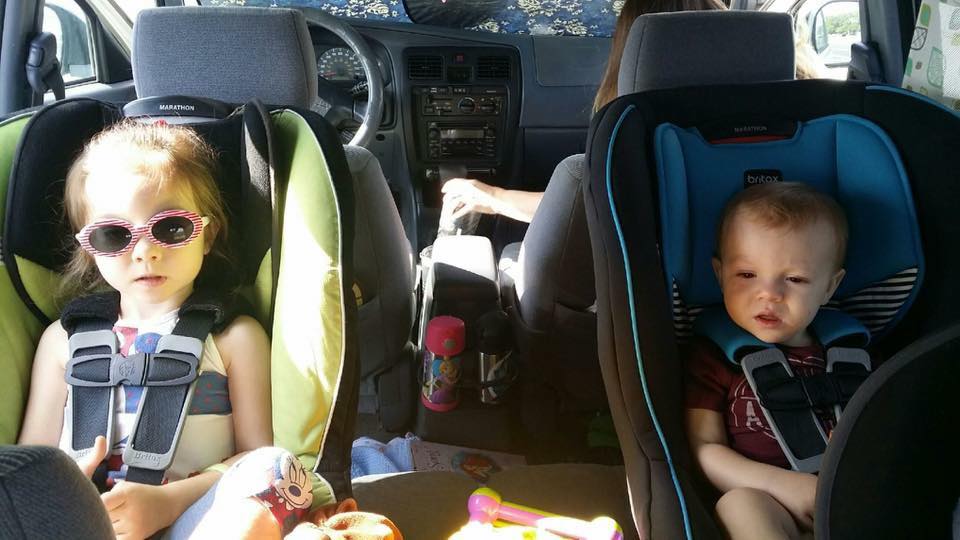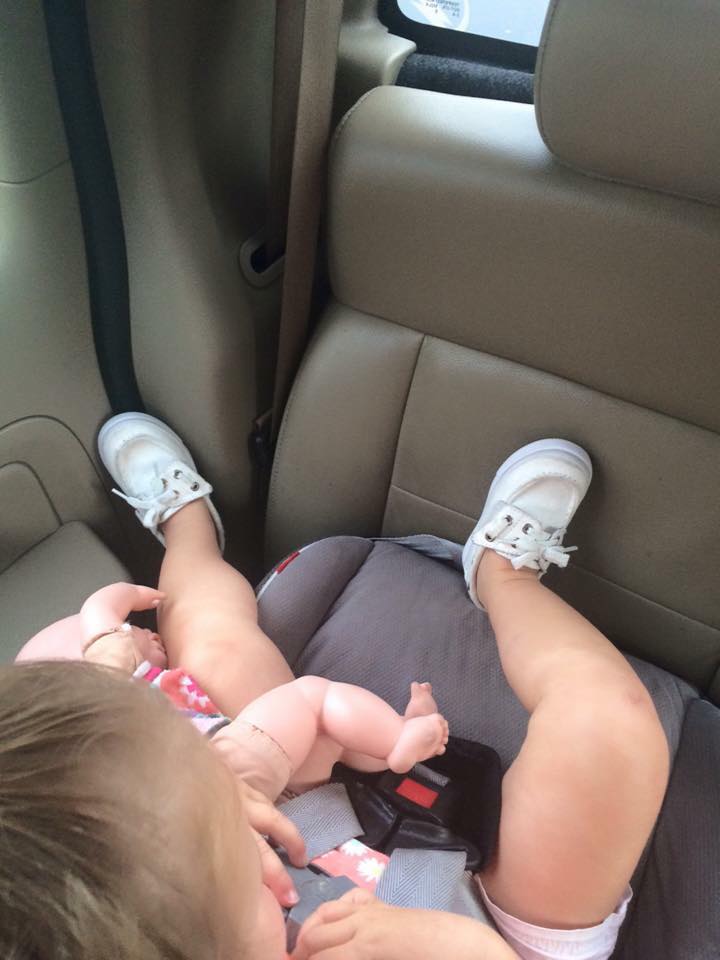Hi there! It’s me, your friendly know-it-all mom-friend about to jump up on her soap box (again). Hey, we all have our platforms; I just happen to have a few of them. I want to start this article off with a bit of science. You see, I typically just start ranting passionately about car seat safety, and for most uninformed mothers, that backfires rather quickly.
They tend to think I’m just on a high-horse and become utterly defensive, believing me to be judging them. This couldn’t be farther from the truth. Most mothers who have researched about car seat safety will all agree that sharing this information comes from a place of love – a love for their own children, your children, and all children. You see, a simple unknown mistake of improper installation, buckle placement, or premature forward facing of a car seat can end with life-long injury or death to the child. So here’s the science: https://www.youtube.com/watch?v=tuZFVPv3Rpk It is 5 times safer, that’s 500% safer, to keep your child rear facing until he reaches (as close to) the age of four. The American Academy of Pediatrics now recommends that children remain rear-facing until age 2 at the absolute minimum.
This recommendation is regardless of height or weight, meaning even if your one-year-old is the size of a four-year-old, they should still be rear facing for far longer. After age 2, the AAP (and other groups that advocate child passenger safety) recommends that children remain rear facing until age four or until they outgrow the rear-facing height or weight limits of their seat. And today, there are numerous convertible car seats available that allow a child over 40 inches and up to 50lbs to continue rear facing.

The age of four is not just a number pulled out of thin air. The bones within the human body are still developing prior to this age. These developmental changes make the child more vulnerable than an adult. A toddler’s vertebrae are connected via cartilage rather than ossified bone. Those connections are called synchondroses, which are slowly closing over time. In the fourth-fifth year of life, most of these connections have been made, and it is safer to turn a child forward facing than prior to this point. This is despite the weight or height of the child – it is purely age.

Proper installation of a rear facing convertible car seat: https://www.youtube.com/watch?v=wMhsZKsXzNo I know you are thinking: FOUR? As in a FOUR YEAR OLD sitting backwards? That is crazy! Actually, my fellow mother, it is not crazy at all. Maybe it will make you feel better to know that in other countries of the world this is common practice. Places like Sweden, where children are never turned before their fourth birthday, they could not imagine celebrating the occasion of turning a child into a less safe position. Our culture here is backwards. It has become the common mindset to celebrate milestones that make life easier. So many mothers forward-face their child at one or two years of age simply for convenience. It is easier to get a child into a forward-facing car seat, and it may cure some fussiness, but at what cost?

There are plenty of car seat advocates out there who preach safety, but they too are breaking the “rules.” The truth is that we will all make mistakes, but knowing is half the battle. Using after-market car seat products that are not listed in your manual are a safety hazard (car seat covers, shoulder pads, etc are all great examples). Even a rear faced child can be at risk for long-lasting injury or death if his chest clip is not placed correctly (over his chest not abdomen). Shoulder straps should be slightly below the shoulders while rear facing (and slighting above while forward facing). A five-point harness will always be safer than a standard booster seat with seat belt usage. (And there are numerous seats that will five-point harness while forward facing until 100 pounds!)

But you think your child will be uncomfortable rear facing… WRONG.
They are just fine. A child can sit cross-legged, bent with feet against the seat, or however else he finds comfortable. Keeping your child safe is worth far more than leg room for feet to dangle (which some children find extremely uncomfortable). Too many families wish they could turn the hands of time backward to save their child from their unknowingly foolish mistake. Do not think this is a joke. Do not think that it will not happen to you. Do not think “It’ll be okay for today.” It only takes one accident to permanently alter your current state of happiness. Take responsibility and educate yourself on car seat safety. Those of us who are educated are hoping with every fiber of our beings to spark your interest, and potentially inspire you to keep your child safely rear facing for as long as possible.

Further Research: http://thecarseatlady.com/5-times-safer/ http://www.autobytel.com/car-ownership/safety/how-and-why-rear-facing-kids-until-age-4-works-fine-120159/ http://csftl.org/rear-facing-car-seat-myths-busted/ https://www.washingtonpost.com/local/parents-wrestle-with-rear-facing-carseat-advice/2011/09/08/gIQAb4cOuK_story.html?utm_term=.2038aa1f1439 https://mom.me/toddler/18008-you-may-be-wrong-about-extended-rear-facing/ http://csftl.org/why-rear-facing-the-science-junkies-guide/









